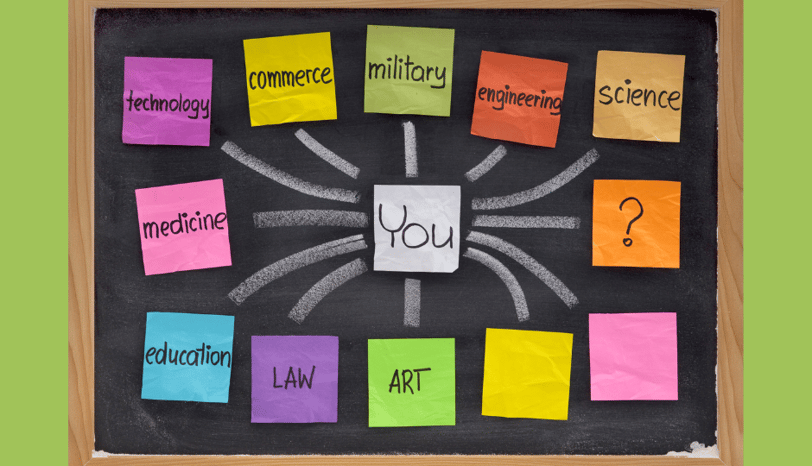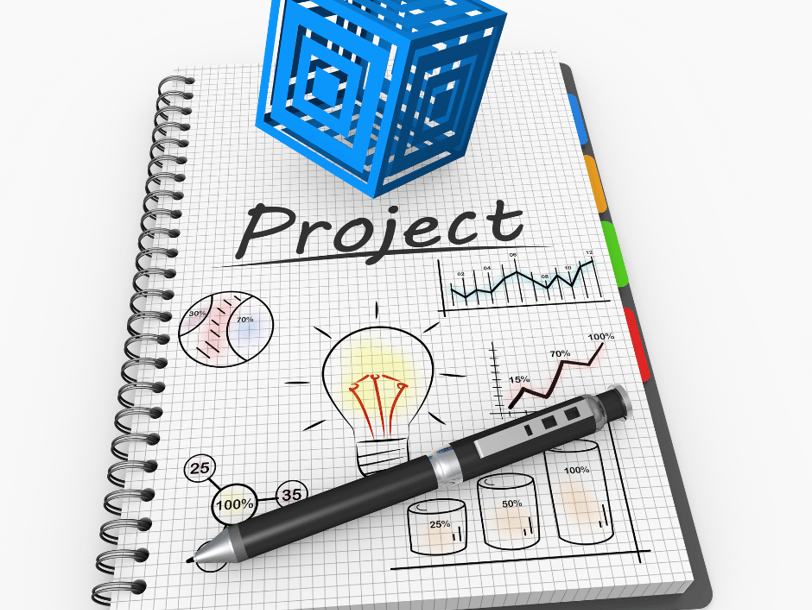Guiding Students Towards Sound Career Choices
Empowering Future Careers Through Effective Language Teaching
Career exploration is a pivotal phase in a student's life, providing them with the insights and tools necessary to make informed decisions about their professional future. For EFL (English as a Foreign Language) teachers, facilitating this process goes beyond teaching the language; it involves integrating career guidance into their pedagogy. This post delves into why career exploration is crucial and offers practical strategies EFL teachers can use to support their students in making sound career decisions.


The Importance of Career Exploration
Before entering the workforce, students need a clear understanding of their interests, strengths, and the opportunities available to them. Career exploration helps students:
Identify their interests and strengths: Understanding personal interests and skills allows students to pursue careers that align with their passions and capabilities.
Make informed decisions: Awareness of various career paths and what they entail ensures students can make choices that are well-suited to their goals.
Increase engagement and motivation: Students who see a clear connection between their studies and their future careers are more likely to stay motivated and engaged in their learning.
Integrating Career Exploration in EFL Classes
1. Listening Activities
Career Interviews: Have students listen to interviews with professionals from various fields. For example, an EFL class could listen to an interview with a software engineer, discussing their daily tasks, required skills, and career trajectory. Follow up with comprehension questions and a discussion on students' thoughts about that career.
2. Speaking Activities
Career Role-Plays: Engage students in role-playing exercises where they simulate job interviews or workplace scenarios. For instance, one student could act as an employer, while another as the candidate, discussing qualifications and job expectations. This activity not only improves speaking skills but also builds confidence in professional communication.
Reading Activities
3. Career Profiles: Provide students with articles or profiles about different professions. Have them read about a day in the life of a doctor, teacher, or architect. After reading, students can summarize the information, discuss the pros and cons of the profession, and reflect on whether it aligns with their interests.
Writing Activities
4. Career Planning Essays: Ask students to write essays about their future career plans. They should include their career goals, the steps they need to take to achieve them, and the reasons behind their choices. This exercise encourages critical thinking and helps students articulate their aspirations and plans.
Project-Based Learning
5. Career Fairs: Organize a mock career fair where students create booths representing different professions. Each booth should include information about the career, educational requirements, potential employers, and a typical career path. Students can present their booths to classmates, enhancing their research, presentation, and collaborative skills.










By integrating career exploration into EFL teaching, we can provide students with a comprehensive understanding of their future possibilities. These activities not only enhance language skills but also prepare students for real-world challenges, ensuring they are better equipped to make informed, confident career decisions.
Additional Reading Sources:
Brown, T. L. (2020). Career Education: Preparing Students for Life Beyond School. Educational Researcher, 49(8), 596-606.
McIlveen, P., & Perera, H. N. (2022). Supporting Career Decision Making Through EFL Instruction. International Journal for Educational and Vocational Guidance, 22(1), 45-62.


